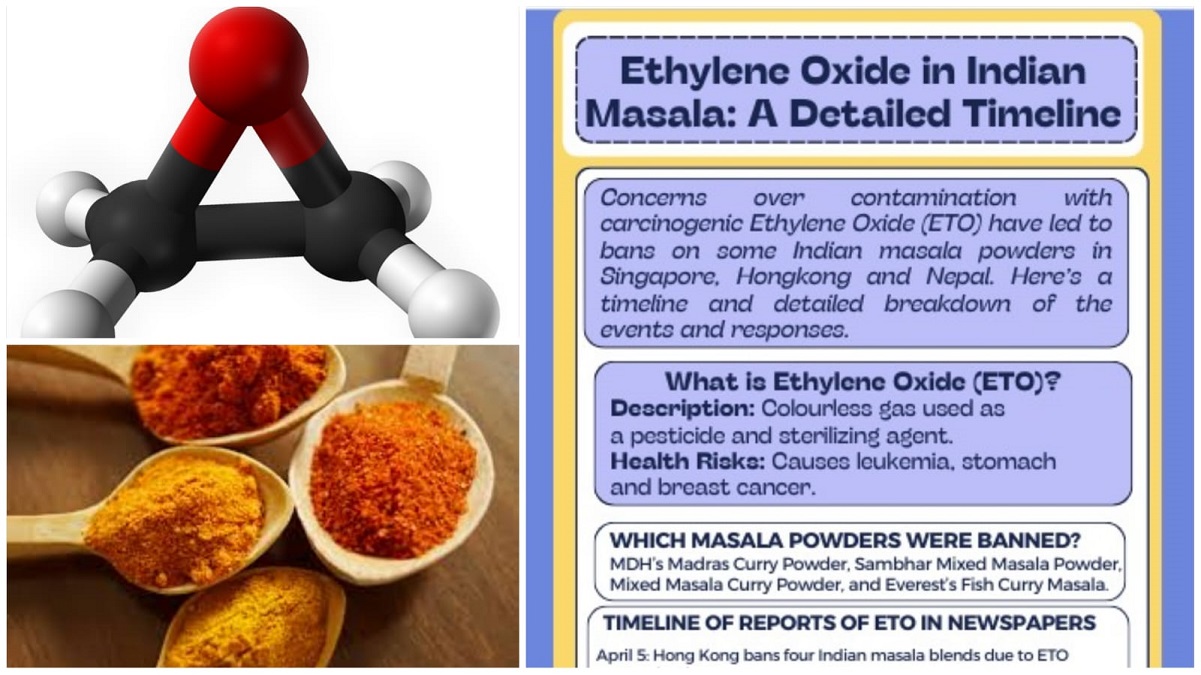Fasting: A powerful therapy in healing chronic diseases
On Good Friday a 38 year old, obese, friend decided to fast by skipping breakfast and lunch. She ended up for the next 5 days in Intensive Care Unit of a hospital suspecting cardiac arrest. She vouched never to fast again. This was a unique experience for me as usually after religious fasts – fasting, prayer and denial of certain food – people say they feel better physically, mentally and spiritually. So I began the research to ascertain whether fasting is good or bad for health.
I discovered that fasting is not just a religious custom but the most ancient and cheapest form of treating diseases. Fasting Therapy is widely being accepted to drastically improve chronic and debilitating illness like rheumatoid arthritis, lupus and diabetes. “Fasting is a simple, elegant therapy that has amazing medical benefits. It effectively treated high blood pressure, overcame Type II diabetes, consistently produced dramatic improvements in autoimmune diseases such as lupus, rheumatoid arthritis and psoriasis, and provided effective relief for asthma attacks and migraine headaches.” says Michael Klaper, M.D. a gifted clinician, internationally recognized teacher, and sought-after speaker on diet and health.
The cause of most of the diseases is the accumulation of excess and poisonous substance in the body. People, especially in the cities follow a sedentary lifestyle and consume excess food resulting in overburdening the digestive system. By staying away from food for a few days the elimination system in the body removes the poisonous substances accumulated inside.
Fasting sounds like an easy home remedy, because most people skip breakfast as part of dieting. However it should be taken only for a certain duration of time, under professional guidance. Fasting for a prolonged period can be dangerous, so before fasting you must know the benefits and procedure of fasting. And also you must know when to fast, how to break the fast and when not to.
Only a well-experienced doctor, who uses fasting therapy as a treatment, can provide answer to the queries. So I had an interview with Dr. Matthew Brennecke, MS, ND, a board certified naturopathic doctor, in Colorado, who prefers fasting therapy to pharmaceutical medication for his patients. Here is the interview with the doctor :
[plain]Only a well-experienced doctor, who uses fasting therapy as a treatment, can provide answer to the queries. So I had an interview with Dr. Matthew Brennecke, MS, ND, a board certified naturopathic doctor, in Colorado, who prefers fasting therapy to pharmaceutical medication for his patients. Here is the interview with the doctor :
What are the benefits of fasting?
There are a lot of benefits to fasting. It gives the vital organs complete rest. Stops the intake of foods that decompose in the intestines and poison the body. Empties the digestive tract and disposes of putrefactive bacteria. Gives organs of elimination an opportunity to catch up with their work and further promote elimination.
Re-establishes normal physiological chemistry and normal secretions. Promotes the break down and absorption of exudates, deposits, effusions, diseased tissue, and abnormal growths. Permits the conservation of energy. Clears and strengthens the mind. Improves function throughout the body. It can restore a youthful condition of the cells and tissue, which rejuvenates the body.
Does it cure any disease?
But it doesn’t cure anything. Curing is possible,but it takes work and you can start by exercising and putting the right foods in your mouth.
Does fasting mean abstaining from food for a certain time?
Not only is there quite a bit of confusion regarding fasting, but there are also many fasts to choose from. Are you going to water fast, juice fast, do a master cleanse, etc.? Which one is right for you? This usually depends on the disease we may be using it for. Oftentimes, we choose fasting as options to decrease symptoms experienced by the patient when it comsto IBS, arthritis, thrombophlebitis, or skin afflictions. But, we have to be careful to avoid starvation, in which vital organs can be broken down for proteins, unmonitoredketosis, which results from the breakdown of fat, or electrolyte imbalances,which can cause a whole host of issues. If we want an opportunity to cure any of our chronic disease, we needto start making the right choices when it comes to diet, exercise, and lifestyle choices.
What are the procedures to begin and break the fast?
(I’m a little uncomfortable answering this procedure question because if it is printed, it might encourage people to start a fast on their own without consulting a doctor beforehand). I can say that when breaking a fast, do it slowly. It usually takes about 4 days to get back to eating normally. Usually starts with vegetables, then adding in fruit, then small portions of regular meals, then can start eating normally on fourth day. The longer you fast, the longer it takes to break the fast. This is where the doctor needs to be on-board. These 4 days of breaking the fast is some of the hardest and vital parts of the fast as it is slowly introducing food back in the system. The most important thing is to no overeat when the fast is over.
Can a person undergoing medication take a fast?
This depends on the medication. Most medications will be fine to fast with, but there are instances where taking medication while fasting is very dangerous and could be deadly. For instance, taking insulin for diabetes while fasting could result in hypoglycemia, which can cause dizziness, unconsciousness, or even death. I have to emphasize that seeing a doctor before starting a fast is vitally important.
How much awareness do general public have about fasting therapy?
Not much awareness at all. Most people don’t fast or even understand why someone would fast, but they also don’t realize the benefits that can be had from fasting. Fasting is an underutilized therapy that has the ability to help the patient feel better in the long run. But, then again, fasting also puts stress on the body in not having easily accessible nutrients flowing through the gut at all times.
Do people come to you asking for fasting therapy or you recommend it?
Both. Most of the time I recommend it because it has the ability to help the patient out. But, I always do a physical exam, run blood labs, and take into account the patient’s general constitution before I make the suggestion. If the patient is emaciated, I don’t recommend fasting. If the patient has any extreme weakness or degeneration, I don’t recommend fasting. If the kidneys aren’t functioning properly, I don’t recommend fasting. If the patient is low count in basic blood labs, I don’t recommend fasting. If the patient is elderly or pregnant or a child, I don’t recommend fasting. If the patient has problems with their nervous system or heart disease or difficulty breathing, I don’t recommend fasting.
Can an obese person of 40 yr, who has never fasted, successfully undergo fasting therapy?
Yes, but as stated above, the proper blood labs and physical exam must be done beforehand. To determine whether this person is a candidate for fasting therapy. There are many instances where middle-aged obese people have great success in fasting and reap some incredible benefits. They can lose a significant amount of weight within days of starting a fast. But, it does take the patient’s dedication to endure the fast. Fasting can be extremely difficult for people, especially the first few days. You oftentimes feel like you’re starving, get dizzy, have low energy, get headaches. But those feeling do pass most of the time by the third day.
 Dr. Matthew Brennecke, MS, ND is a board certified naturopathic doctor practicing at the Rocky Mountain Wellness Clinic in Fort Collins, Colorado. He prefers using natural therapies to pharmaceutical medication when possible, so as to limit side effects to treatment and sees a variety of patients with a range of chronic conditions. He can be reached at Twitter@RockyDocFOCO or on Rockymountaindoc@yahoo.com[/plain]
Dr. Matthew Brennecke, MS, ND is a board certified naturopathic doctor practicing at the Rocky Mountain Wellness Clinic in Fort Collins, Colorado. He prefers using natural therapies to pharmaceutical medication when possible, so as to limit side effects to treatment and sees a variety of patients with a range of chronic conditions. He can be reached at Twitter@RockyDocFOCO or on Rockymountaindoc@yahoo.com[/plain]




41 comments